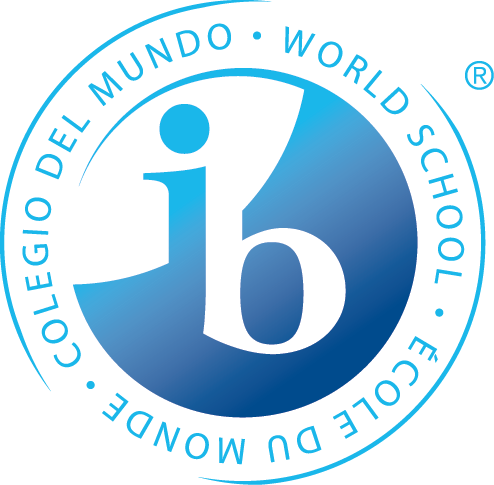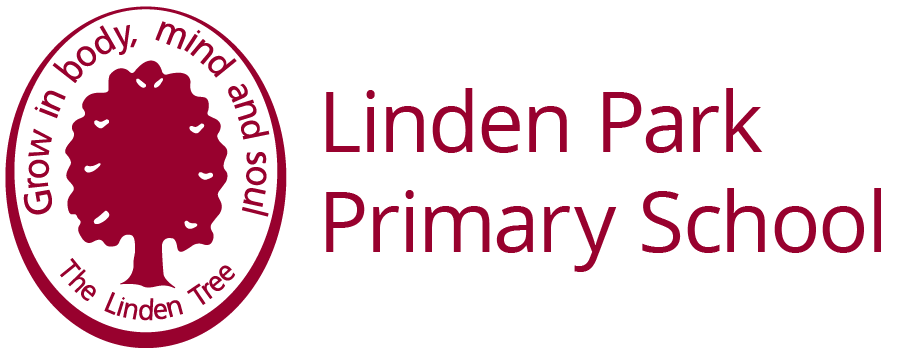At Linden Park Primary School your child’s learning program is based on the unique blending and strengthening of two curricula: The Australian Curriculum and the International Baccalaureate (IB) in years Reception to Year 6.
The philosophy underlying the programmes encompasses global education, intercultural communication and international mindedness. We strive to develop students who will build a better world through intercultural understanding and respect.
Mission Statement of the IB:
The International Baccalaureate organisation aims to develop inquiring, knowledgeable and caring young people who help to create a better and more peaceful world through intercultural understanding and respect.
To this end the IB works with schools, governments and international organisations to develop challenging programs of international education and rigorous assessment.
These programs encourage students across the world to become active, compassionate and lifelong learners who understand that other people, with their differences, can also be right. (The Learner, International Baccalaureate Organisation, 2018, updated 2024)
The Programme:
Students at International Baccalaureate (IB) World Schools are given a unique education. They will:
- be encouraged to think independently and drive their own learning
- take part in programmes of education that can lead them to some of the highest ranking universities around the world
- become more culturally aware, through the development of a second language
- be able to engage with people in an increasingly globalized, rapidly changing world.
Our teaching and learning programs are committed to students becoming active, compassionate and lifelong learners.
Please click here to watch a parent video about the IB program
IB Primary Years Programme (PYP): Reception to Year 6
The PYP prepares students to become active, caring, lifelong learners who demonstrate respect for themselves and others and have the capacity to participate in the world around them. It focuses on the development of the whole child. The inquiry based program also maintains the integrity of the Australian Curriculum. For more information click here to visit the Australian Curriculum website.
The Learner Profile:
The Learner Profile encompasses the aim of the curriculum. We aim for our students to be internationally minded people who strive to be:
· Inquirers
· Knowledgeable
· Thinkers
· Communicators
· Principled
· Open-minded
· Caring
· Risk Taker
· Balanced
· Reflective
(The Learner, International =al Baccalaureate Organisation, 2018, updated 2024)
KNOWLEDGE
What do we want students to know about?
Six transdisciplinary themes provide the framework for exploration and construction of knowledge. Transdisciplinary learning involves interconnecting and applying understanding across traditional subject areas. Students inquire into, and learn about, 6 globally significant issues in the context of units of inquiry.
The six transdisciplinary themes are:
· Who We Are
· Where We Are in Place & Time
· How We Express Ourselves
· How the World Works
· How We Organize Ourselves
· Sharing the Planet
These themes are transdisciplinary because they focus on issues that are integrated across all learning areas, they are not single subject based. The transdisciplinary themes help the teacher to develop investigations into important ideas, which require motivation and involvement on part of the students.
CONCEPTS
What do we want students to understand?
Central to the philosophy of the PYP is that it is a concept-driven curriculum to support inquiry. The use of concepts helps the learner to construct a deeper understanding of their learning. Today’s modern world is ever changing. Our role as educators is to prepare our students as best we can for the real world. We encourage students to view the world with flexibility, encouraging them to design, create, manage, problem-solve, think critically, communicate, collaborate and use tools to seek for and access information when needed. Through concept based learning students learn about transferrable ideas that allow learners to organize and make sense of the world.
There are 7 fundamental concepts, also expressed as key questions that help teachers and students to consider ways of thinking and learning about the world. They act as a provocation to deepen student inquiry. The concepts drive the inquiry in the form of broad, open-ended questions.
The 7 fundamental concepts are:
· Form: What is it like?
· Function: How does it work?
· Causation: Why is it like it is?
· Change: How is it changing?
· Connection: How is it connected to other things?
· Perspective: What are the points of view?
· Responsibility: What is our responsibility?
(p53, Teaching and learning, International Baccalaureate Organisation, 2018, updated 2024)
APPROACHES TO LEARNING (Skills)
What do we want students to do?
Skill development is recognised as a valuable part of the programme. Not only in the units of inquiry, but also for any teaching and learning that goes on within the classroom, and in life outside the school.
(p29, Teaching and learning, International Baccalaureate Organisation, 2018, updated 2024)
Learners develop:
· Thinking skills
· Communication skills
· Social skills
· Research skills
· Self-Management skills
ACTION
How do we want students to act?
Inquiry should lead to responsible action, initiated by the student to demonstrate the understanding of the learning. This action will extend the learning process. Students have the right to make informed decisions and choices that will assist their peers, school and wider community.
Participation– contributing as an individual or in a group.
Advocacy– action to support social/environmental/ political change.
Social Justice– relation to rights, equality and equity, social well-being and justice.
Social Entrepreneurship– innovative, resourceful and sustainable social change.
Lifestyle choices– eg. Consumption, impact of choices
Resource: www.magicstorybooks.com/learning-resources.html
For more information click here to visit the IB website.


